Ativan, known by its generic name lorazepam, is a benzodiazepine medication recognized for its efficacy in managing anxiety disorders. The 2 mg dosage of Ativan is a notable strength, offering a balance between potency and safety. This comprehensive exploration delves into the pharmacological mechanisms, therapeutic applications, potential side effects, and considerations surrounding Ativan 2 mg, providing insights into its role in the complex landscape of anxiety management.
Understanding Ativan’s Pharmacology:
1. Mechanism of Action:
- GABAergic Modulation: Lorazepam, the active ingredient in Ativan, exerts its effects by enhancing the activity of gamma-aminobutyric acid (GABA), a neurotransmitter with inhibitory effects in the central nervous system. This GABAergic modulation results in a calming influence on neural excitability, underpinning the anxiolytic, sedative, and muscle relaxant effects of Ativan.
2. Therapeutic Indications:
- Anxiety Disorders: Ativan 2 mg is primarily prescribed for the management of anxiety disorders, encompassing conditions such as generalized anxiety disorder (GAD) and panic disorder.
- Insomnia with Anxiety: Its anxiolytic properties make it effective in managing insomnia associated with anxiety, facilitating sleep initiation.
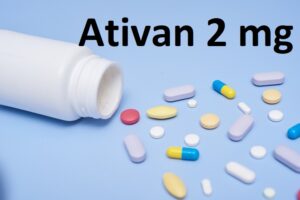
3. Dosage Specifics:
- Moderate to High Potency: Ativan 2 mg represents a moderate to high potency within the Ativan dosage spectrum. The choice of dosage depends on the severity of the anxiety and individual response.
- Short-Term Use: Due to the potential for tolerance, dependence, and withdrawal symptoms, Ativan is generally prescribed for short-term use in managing acute anxiety episodes.
4. Onset of Action and Duration:
- Rapid Onset: Ativan is known for its relatively rapid onset of action, providing quick relief during acute anxiety episodes.
- Intermediate Duration: The effects of Ativan 2 mg last longer compared to shorter-acting benzodiazepines, allowing for less frequent dosing.
Navigating the Therapeutic Landscape:
1. Anxiety Management:
- Immediate Symptom Relief: Ativan 2 mg is highly effective in providing immediate relief during acute episodes of anxiety, offering individuals a rapid pathway to a calmer state.
- Adjunct to Psychotherapy: It may be prescribed as an adjunct to psychotherapy, facilitating a more receptive state for individuals undergoing anxiety-focused therapeutic interventions.
2. Panic Disorder:
- Panic Attack Alleviation: Ativan is invaluable in alleviating the intensity of panic attacks associated with panic disorder. Its rapid action can offer prompt relief during distressing episodes.
- Bridge to Long-Term Treatments: In certain cases, Ativan may serve as a bridge treatment, providing interim relief while long-term interventions, such as selective serotonin reuptake inhibitors (SSRIs), take effect.
3. Insomnia Management:
- Facilitating Sleep Initiation: Ativan’s sedative properties make it beneficial for managing insomnia, particularly when sleep difficulties are rooted in anxiety. The 2 mg strength is often suitable for aiding sleep initiation.
- Caution in Prolonged Use: Continuous use for insomnia is generally approached with caution due to the potential for dependence and other side effects. Alternative, non-benzodiazepine sleep aids may be considered for longer-term management.
Potential Side Effects and Considerations:
1. Common Side Effects:
- Sedation and Drowsiness: Ativan’s sedative effects can lead to drowsiness, especially during the initial stages of use. Individuals are advised to exercise caution when engaging in activities requiring mental alertness.
- Muscle Weakness: Some users may experience muscle weakness, particularly at higher doses. This effect is generally dose-dependent.
2. Serious Side Effects:
- Respiratory Depression: In rare instances, especially when combined with other central nervous system depressants, Ativan may cause respiratory depression. This underscores the importance of cautious prescribing and monitoring, particularly in individuals with respiratory conditions.
- Dependence and Withdrawal: Prolonged use of Ativan, even at 2 mg, may lead to dependence, and abrupt discontinuation can result in withdrawal symptoms. Tapering protocols are often employed to mitigate withdrawal effects.
3. Interaction with Other Substances:
- Drug Interactions: Ativan can interact with other medications, particularly those with central nervous system depressant effects. Careful consideration of potential drug interactions is crucial to avoid adverse effects.
Balancing Act: Short-Term Use vs. Long-Term Considerations:
1. Short-Term Relief Goals:
- Immediate Symptom Alleviation: Ativan 2 mg is well-suited for achieving immediate relief during acute anxiety episodes. Its rapid onset makes it a valuable tool in managing acute symptoms.
- Bridge during Intensive Interventions: In cases where individuals are undergoing intensive therapeutic interventions, Ativan may serve as a bridge, providing immediate relief during the early phases of treatment.
2. Caution with Prolonged Use:
- Dependence and Tolerance Risks: The risk of developing tolerance and dependence underscores the need for caution in prolonged use. The goal is to achieve symptom relief while minimizing the potential for long-term dependence.
- Gradual Tapering during Discontinuation: When discontinuation becomes necessary, gradual tapering protocols are often employed to minimize withdrawal symptoms and facilitate a smoother transition.
3. Individualized Treatment Plans:
- Holistic Assessment: Healthcare providers develop individualized treatment plans, considering factors such as the nature and severity of the anxiety, the presence of coexisting health conditions, and the individual’s response to the medication.
- Regular Assessments: Regular follow-up assessments are crucial to evaluate the ongoing necessity of Ativan 2 mg, potential side effects, and the individual’s overall well-being.
4. Non-Pharmacological Approaches:
- Complementary Interventions: In conjunction with medication, non-pharmacological approaches such as cognitive-behavioral therapy (CBT) may be considered to address underlying anxiety triggers and enhance long-term coping strategies.
- Lifestyle Modifications: Incorporating lifestyle modifications, including stress reduction techniques, regular exercise, and healthy sleep hygiene, contributes to a comprehensive approach to anxiety management.
Conclusion:
Ativan 2 mg, with its active component lorazepam, occupies a significant role in the acute management of anxiety disorders. Its moderate to high potency, coupled with the rapid onset of action, provides individuals with an effective means to navigate moments of heightened anxiety. However, the potential for side effects and the risk of dependence necessitate a balanced and individualized approach to prescribing and ongoing management.
As with any medication, the decision to prescribe Ativan 2 mg involves careful consideration of the individual’s unique circumstances, treatment goals, and potential risks. By navigating the pathways of anxiety relief with mindfulness, healthcare providers and individuals can collaborate to harness the benefits of lorazepam while minimizing the potential drawbacks, ultimately contributing to

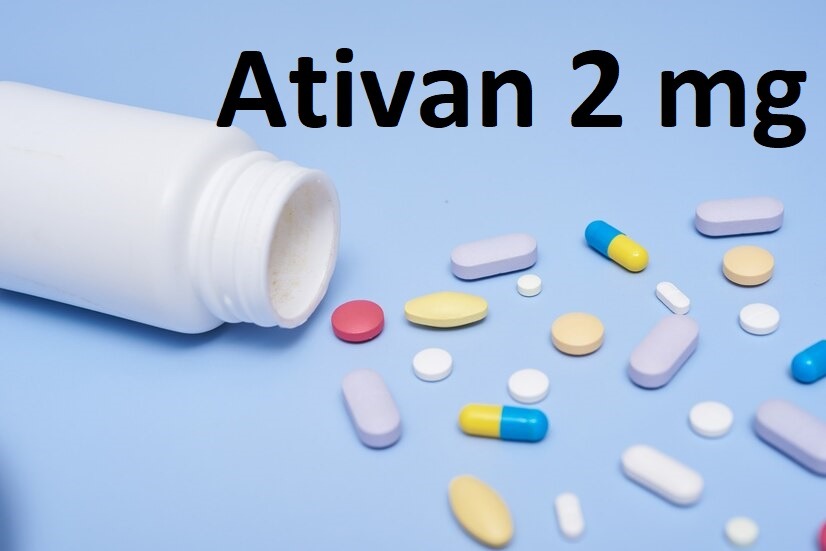
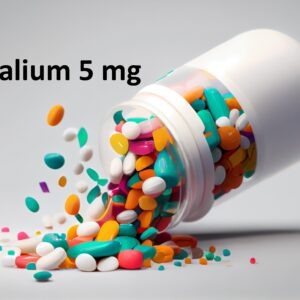
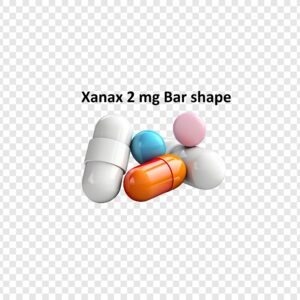
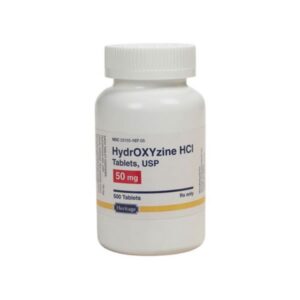
Reviews
There are no reviews yet.